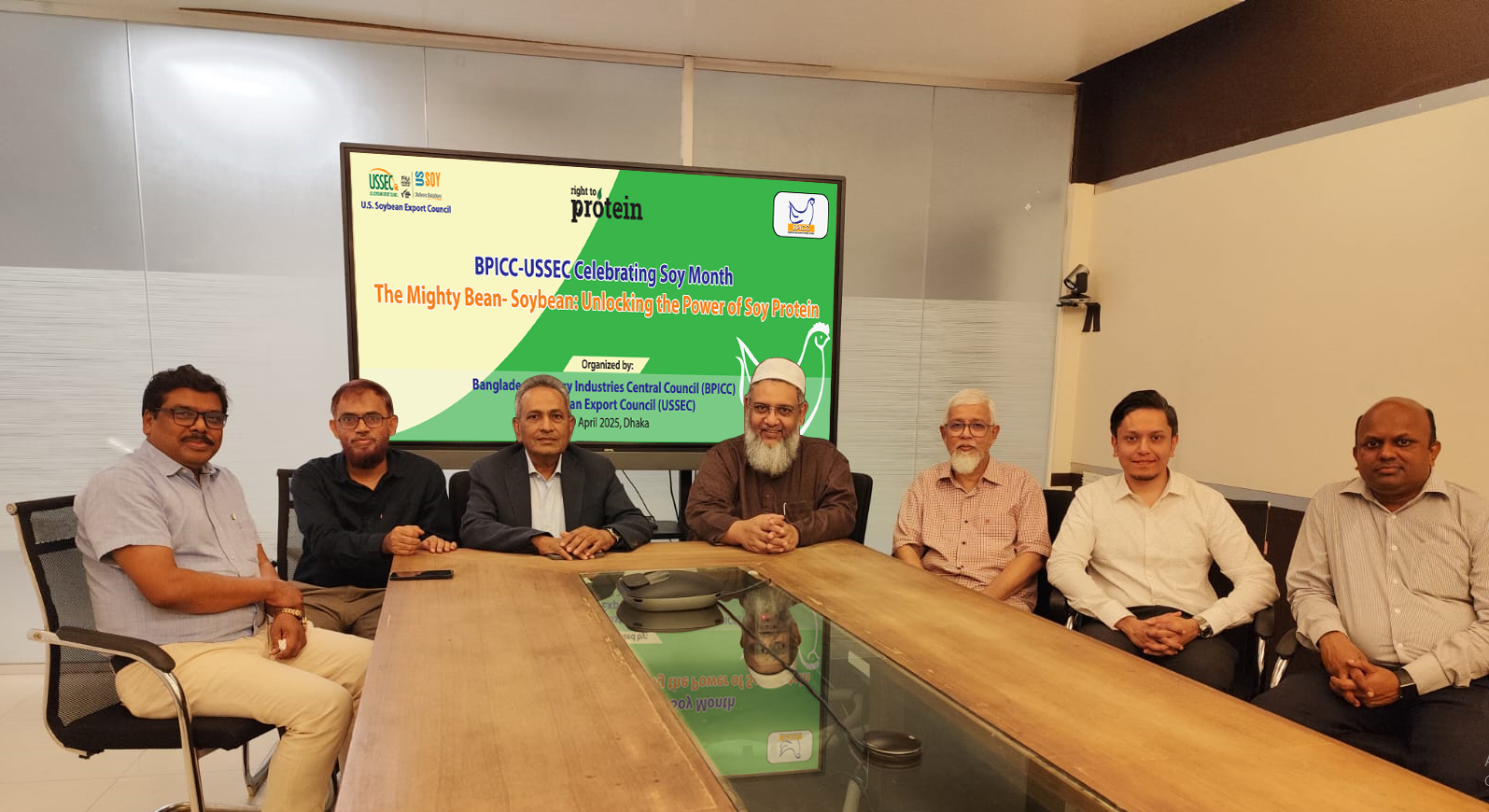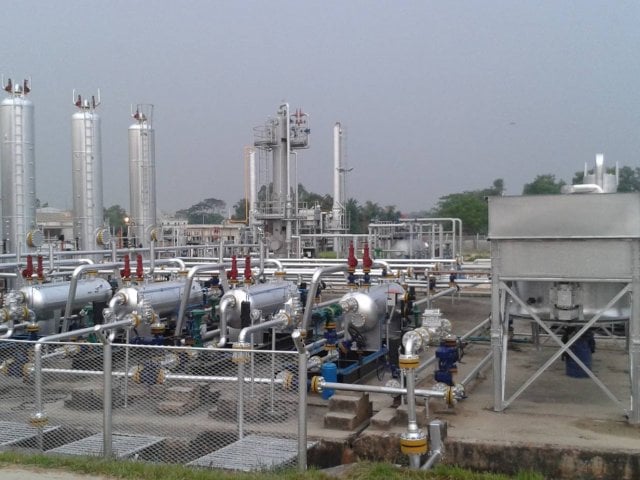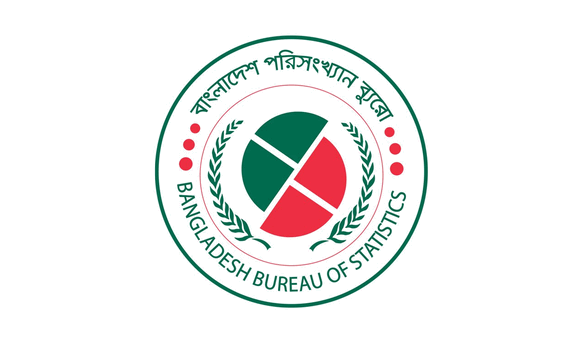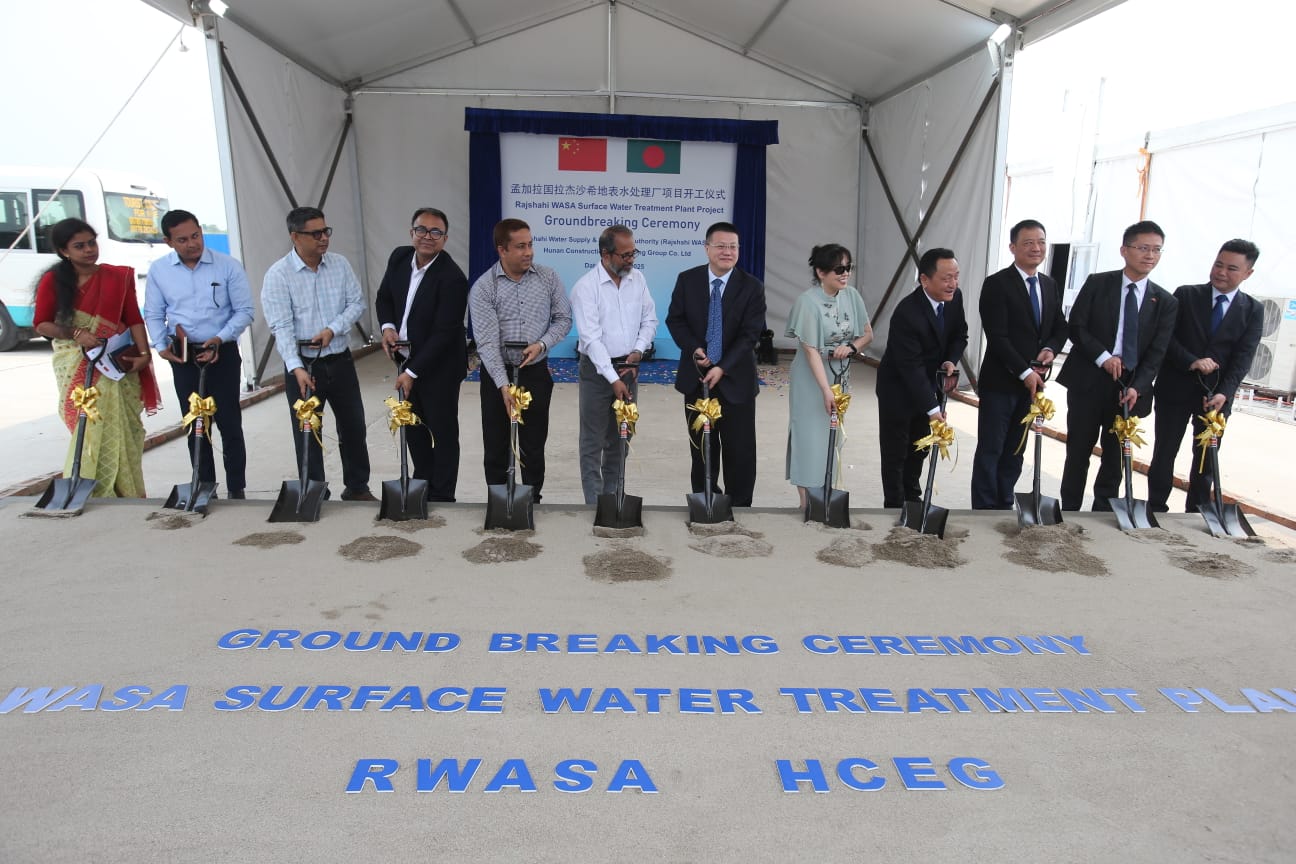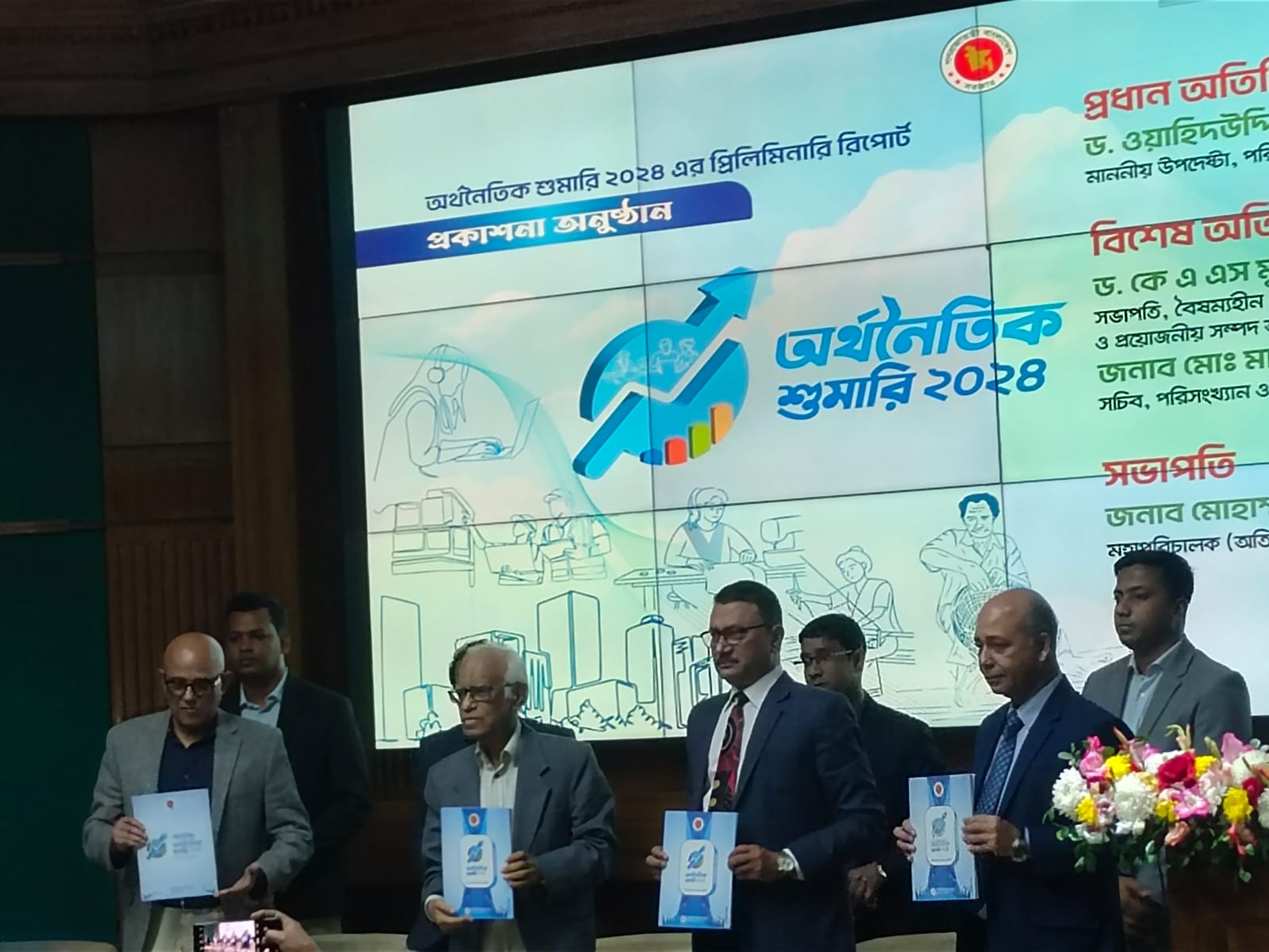
The total number of economic units in the country has reached 11,877,364, up from 7,818,565 in 2013. In the past 11 years, this number has increased by 4,058,799 units, or 51.91%. However, despite this growth, the contribution of the industrial sector has decreased from 11.54% to 8.77%, according to the preliminary findings of the Bangladesh Bureau of Statistics (BBS) 2024 Economic Survey.
The results were presented at a press conference held in Agargaon, Dhaka. The chief guest was Planning Advisor Dr. Wahiduddin Mahmud, and the session was chaired by BBS Director General Mohammad Mizanur Rahman, with Project Director SM Shakil Akhtar also delivering a speech.
According to the survey, in the last 11 years, the number of economic units in the industrial sector has grown by only 15.39%. In contrast, the number of industrial units had increased by 100.42% from 2003 to 2013. Due to this slow growth, the share of the industrial sector in the total economic units has decreased from 12.14% in 2003 to 11.54% in 2013, and to 8.77% in 2024.
On the other hand, the service sector has experienced significant growth, with the number of service units rising by 56.68%, from 6,915,982 in 2013 to 10,835,896 in 2024. As a result, the share of the service sector in total economic units has increased from 88.86% to 91.23%.
In the past decade, the country’s total GDP has increased by Tk4 lakh crore, and 4,058,799 new economic units have been added. Of these, 3,919,000 are in the service sector, and only 138,885 are in the manufacturing sector. This limited growth in the industrial sector has led to the creation of only 6.2 million new jobs over the past 11 years.
The report further reveals that out of the total 11,877,364 economic units, 6,288,214 are permanent units, 576,621 are temporary units, and 50,125,529 are economic households. In 2013, the total number of units was 7,818,565, with 4,514,091 permanent units, 482,903 temporary units, and 2,821,571 economic households.
Among the total economic units, 8,346,161 are located in rural areas, and 3,531,203 in urban areas. In 2013, rural areas had 5,589,019 units, and urban areas had 2,229,546 units. Among the permanent units, 3,941,068 are located in rural areas, and 2,347,146 in urban areas. In 2013, rural areas had 2,936,459 permanent units, and urban areas had 1,577,763.
In 2024, the industrial sector employed 30,761,034 people, of which 25,630,298 were men, 5,128,677 were women, and 2,059 were from the third gender. Between 2003 and 2013, employment increased by 13.3 million, reaching a total of 24.58 million workers in 2013. However, in the past decade, employment has only increased by 6.26 million.
The report also mentions that 116,978 e-commerce businesses have been added to the industrial sector in the past 11 years.
Planning Advisor Dr. Wahiduddin Mahmud stated that there is no shortage of entrepreneurs in the country, especially in rural and urban areas. However, many of these entrepreneurs are struggling to succeed due to a lack of capital. He emphasized that financial assistance for local entrepreneurs could generate widespread employment. He also criticized some companies that have become wealthy quickly, closed their businesses, and left behind significant debt, with the government now using its funds to pay their workers.
Dr. Mahmud further noted that many workers of these rapidly growing companies, who have seen their businesses suddenly shut down, are protesting, and no measures have been taken to provide them with employment or compensation.



